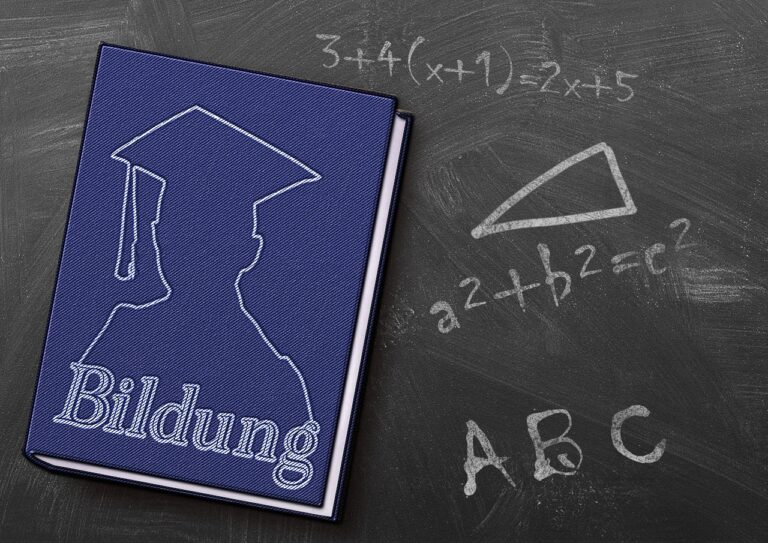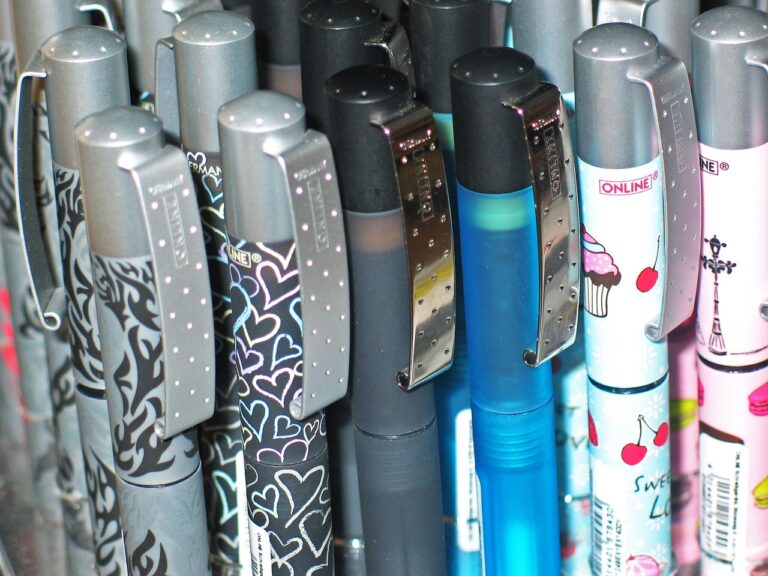Trends in Industrial Ecology Education
sky247 log in, gold365, gold win 365: Industrial ecology is a field that focuses on sustainable industrial practices, aiming to minimize waste and maximize efficiency in production processes. As the importance of sustainability continues to grow, so too does the need for professionals trained in industrial ecology. This has led to an increase in the availability of education and training programs in this field.
Here are some trends in industrial ecology education that are shaping the landscape for future professionals:
1. Interdisciplinary Approach:
Many universities are now offering interdisciplinary programs that combine elements of engineering, environmental science, and business. This approach allows students to gain a holistic understanding of industrial ecology and how different disciplines can work together to achieve sustainability goals.
2. Hands-on Learning:
Hands-on learning experiences, such as internships and research projects, are becoming increasingly common in industrial ecology programs. These opportunities allow students to apply their knowledge in real-world settings and gain practical skills that are valuable in the workforce.
3. Focus on Circular Economy:
A growing trend in industrial ecology education is the emphasis on the circular economy model. This model promotes the reuse and recycling of materials, aiming to create a closed-loop system that minimizes waste. Courses on circular economy principles are now a staple in many industrial ecology programs.
4. Sustainability Metrics:
As the need for businesses to measure and report their sustainability efforts grows, there is a greater emphasis on teaching students how to quantify environmental impacts. Courses on sustainability metrics and life cycle assessment are becoming more common in industrial ecology programs.
5. Online Learning:
With the rise of online education, many universities are now offering industrial ecology programs in a virtual format. This allows students to access education from anywhere in the world and accommodate their busy schedules.
6. Corporate Partnerships:
Many industrial ecology programs are forming partnerships with industry leaders to provide students with opportunities for hands-on experience and networking. These partnerships also ensure that the curriculum remains relevant to the needs of the industry.
7. Green Supply Chain Management:
Courses on green supply chain management are becoming increasingly popular in industrial ecology programs. These courses teach students how to design and manage environmentally sustainable supply chains, focusing on reducing environmental impacts throughout the entire supply chain.
8. Renewable Energy:
As the demand for renewable energy sources grows, many industrial ecology programs are integrating courses on renewable energy technologies and their application in industrial settings.
9. Policy and Regulation:
Understanding the policies and regulations governing sustainability is essential for professionals in industrial ecology. Many programs now offer courses on environmental law and policy to ensure students are well-versed in this area.
10. International Perspectives:
Globalization has led to an increased focus on international perspectives in industrial ecology education. Many programs now offer courses that explore sustainability practices in different countries and how they can be applied globally.
FAQs:
Q: What career opportunities are available for graduates of industrial ecology programs?
A: Graduates of industrial ecology programs can pursue careers in a variety of fields, including sustainability consulting, environmental management, renewable energy, and green manufacturing.
Q: Is industrial ecology a growing field?
A: Yes, industrial ecology is a growing field as businesses and governments increasingly prioritize sustainability and environmental responsibility.
Q: What skills do students gain in industrial ecology programs?
A: Students in industrial ecology programs gain skills in sustainable design, life cycle assessment, environmental management, and sustainability metrics.
In conclusion, the trends in industrial ecology education are shaping the future of sustainability practices in industry. With a focus on interdisciplinary learning, hands-on experiences, and cutting-edge topics such as circular economy and renewable energy, students in these programs are well-equipped to make a positive impact on the environment and society as a whole.







